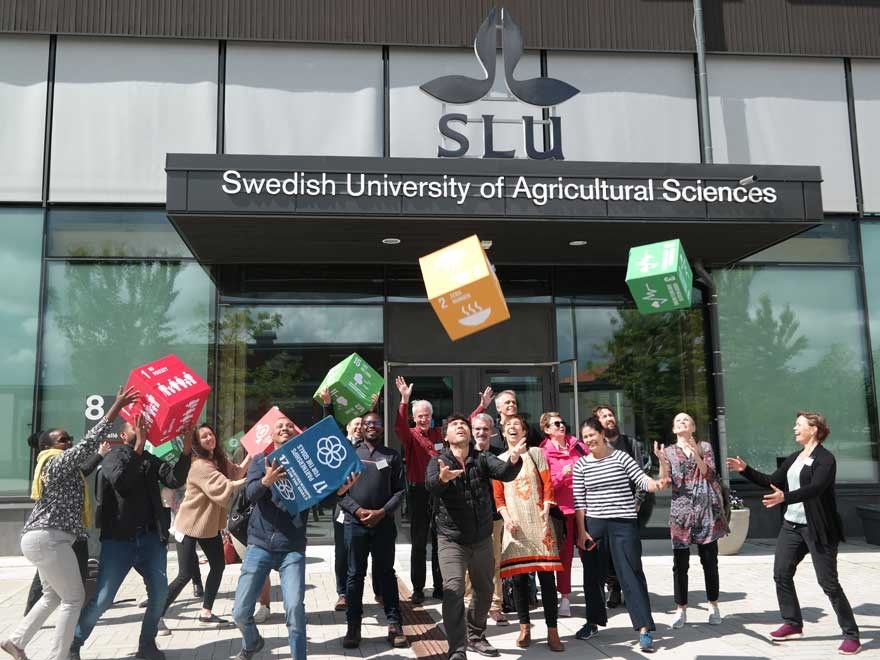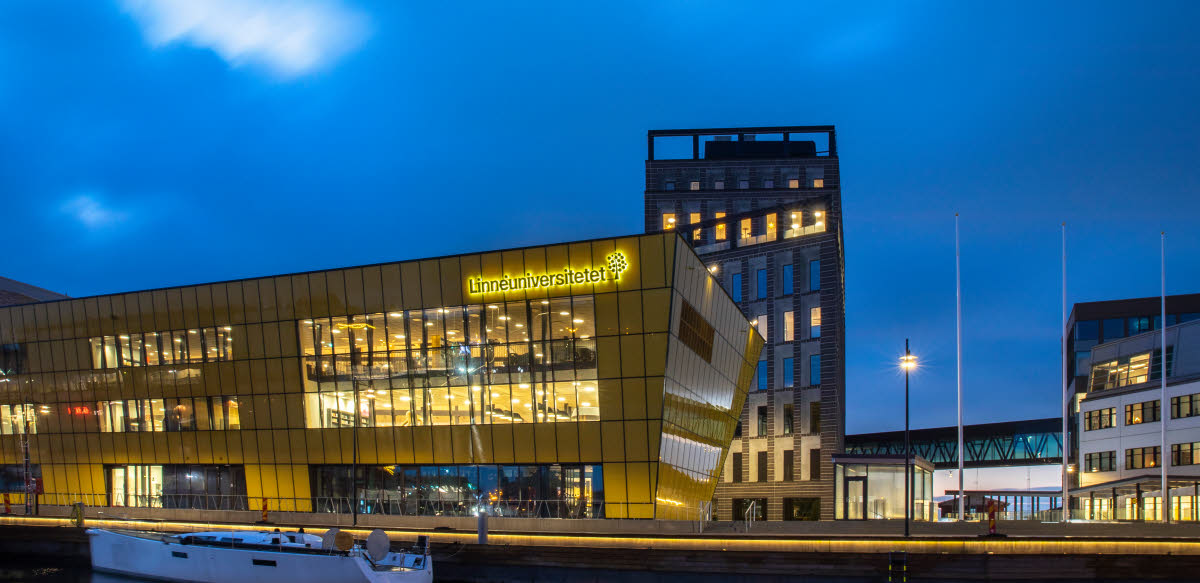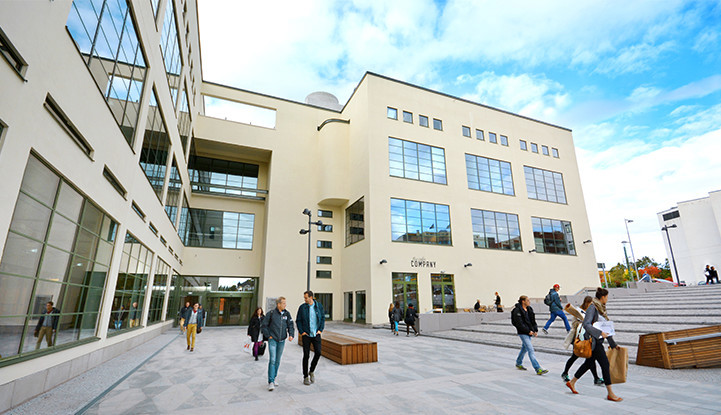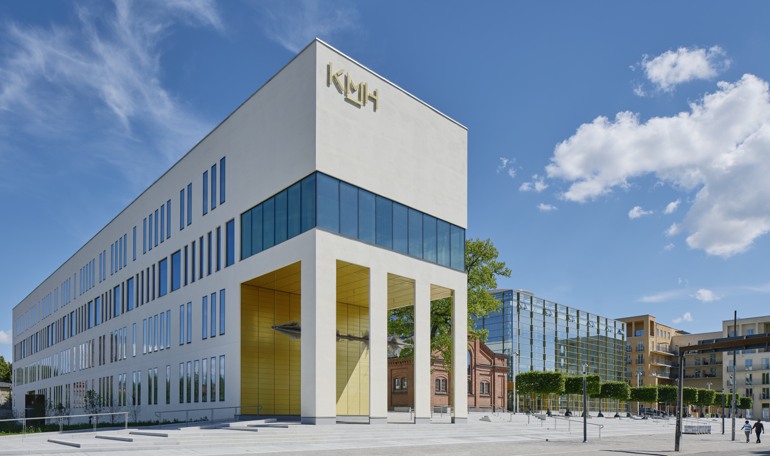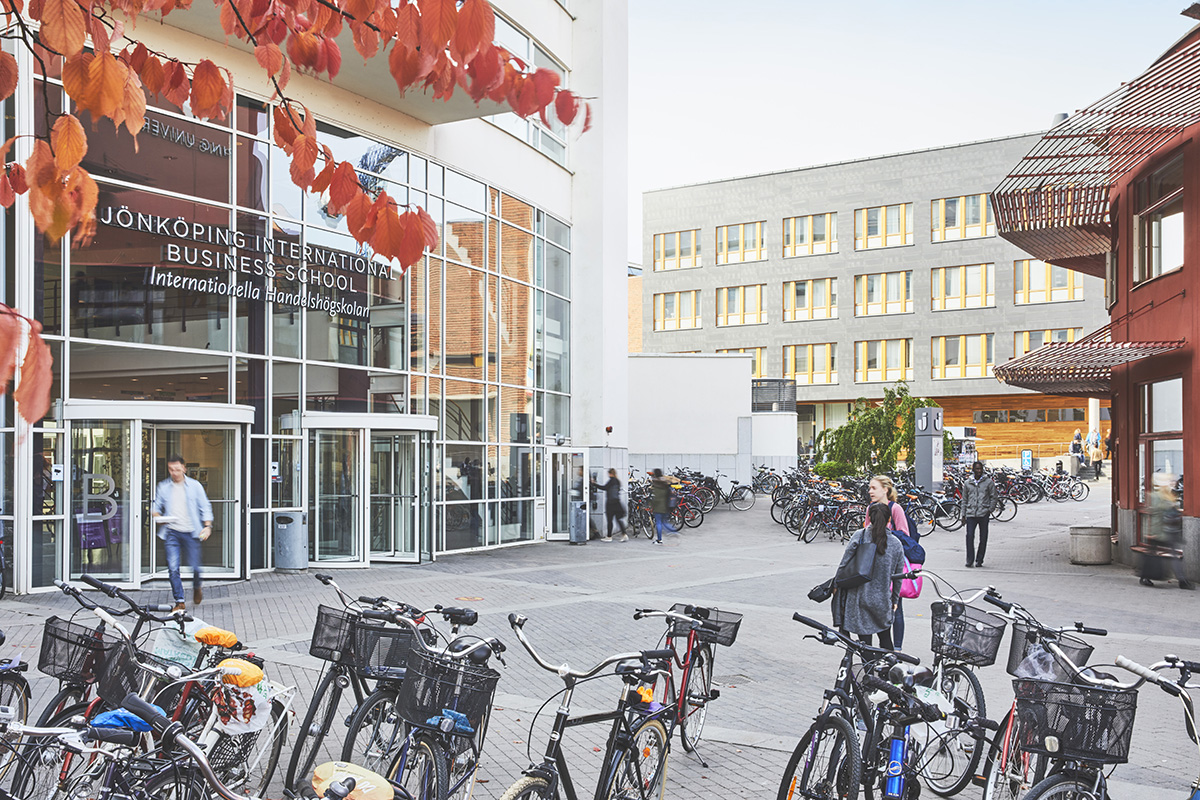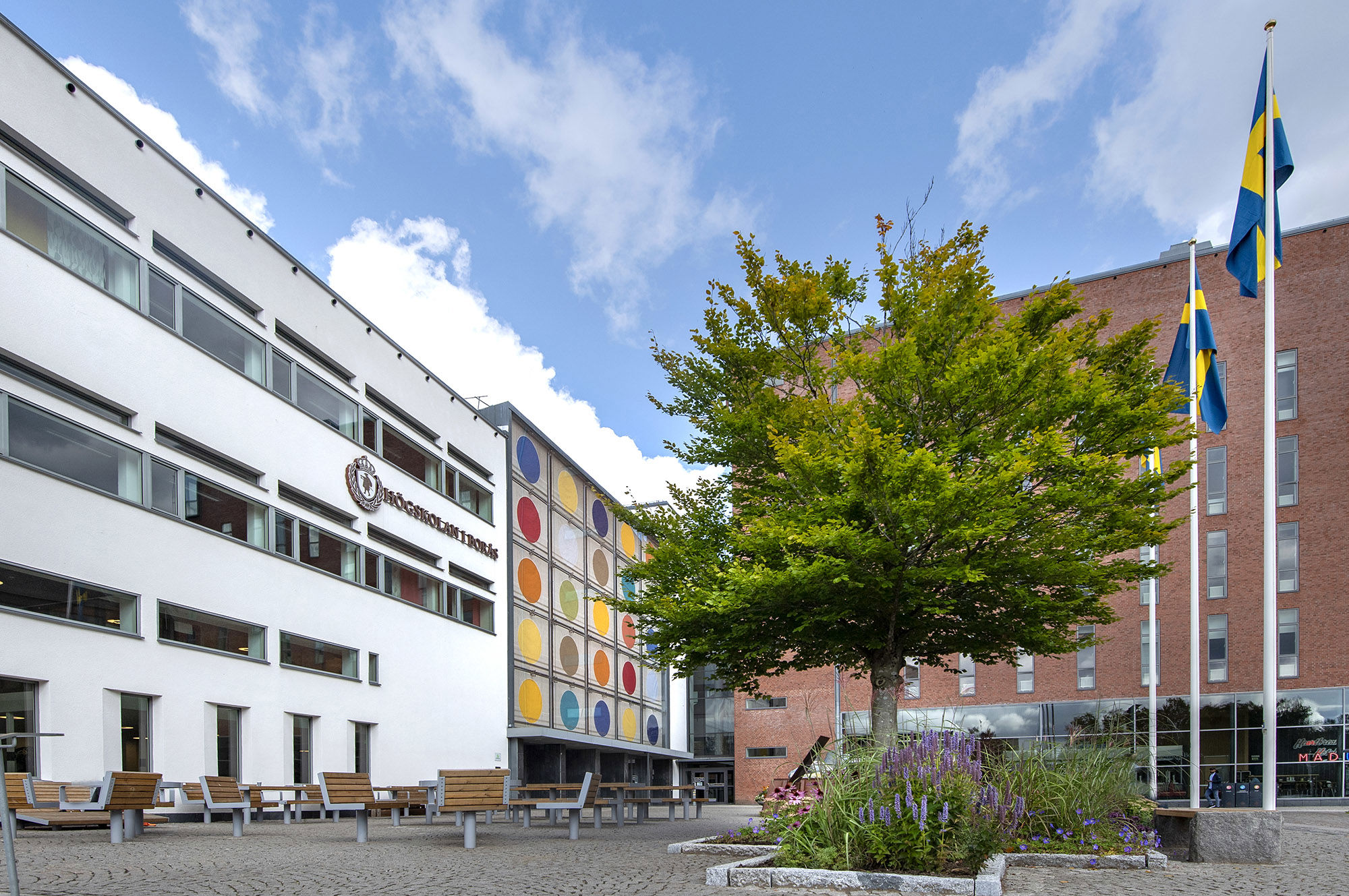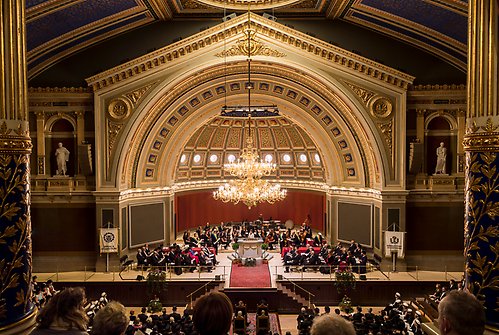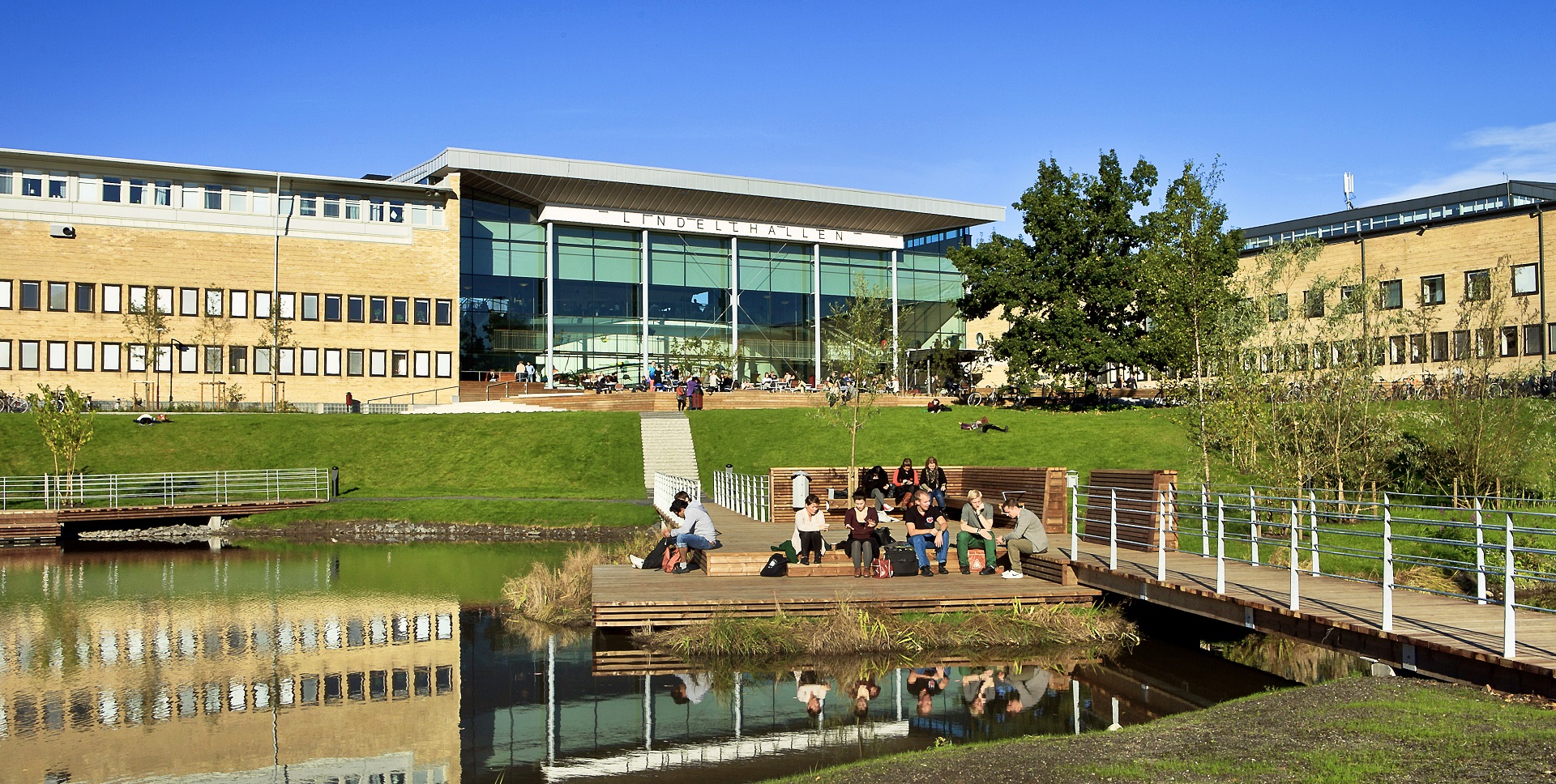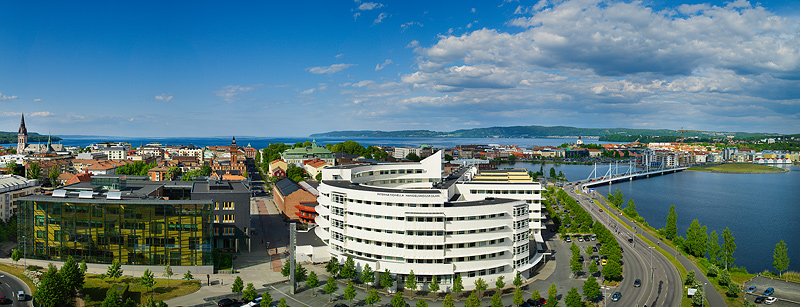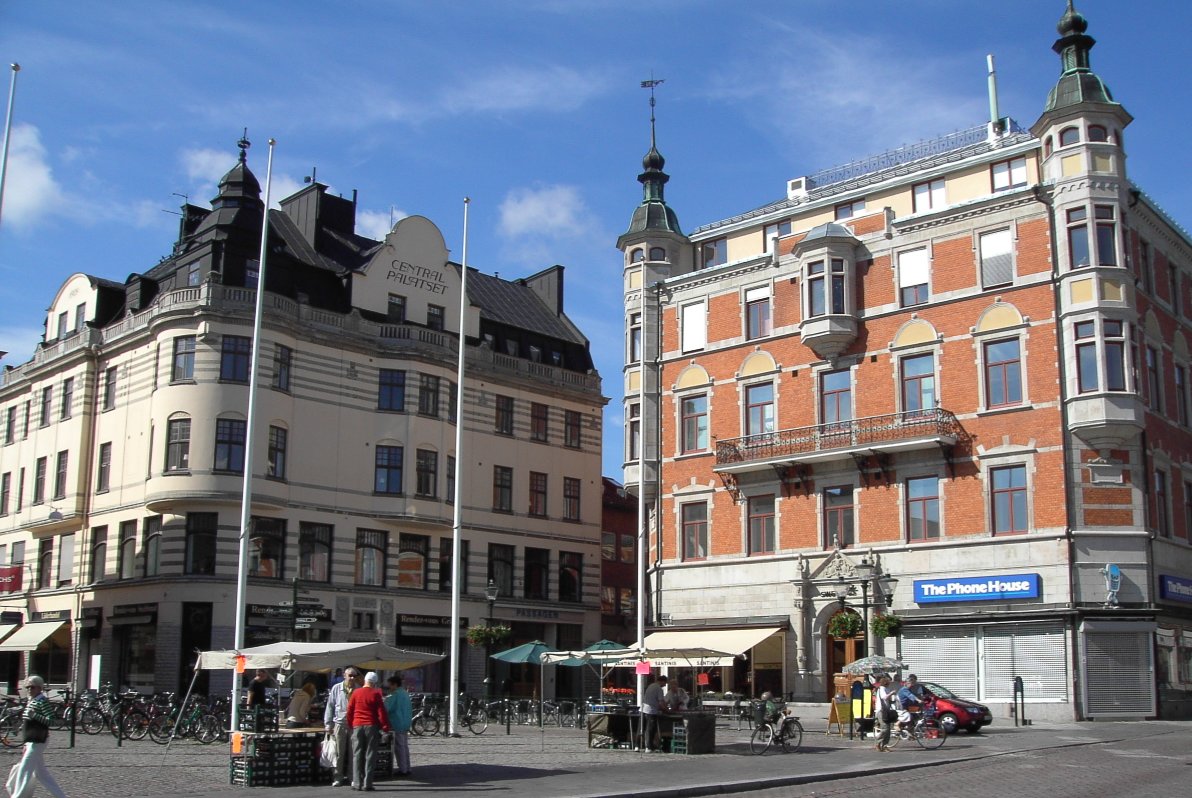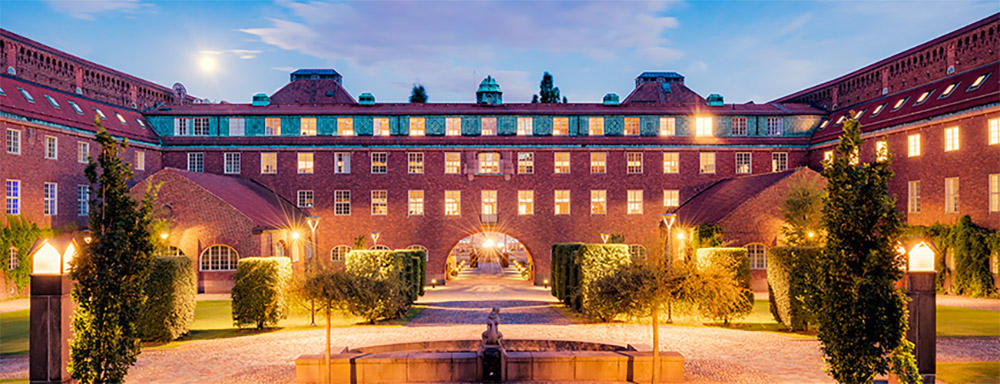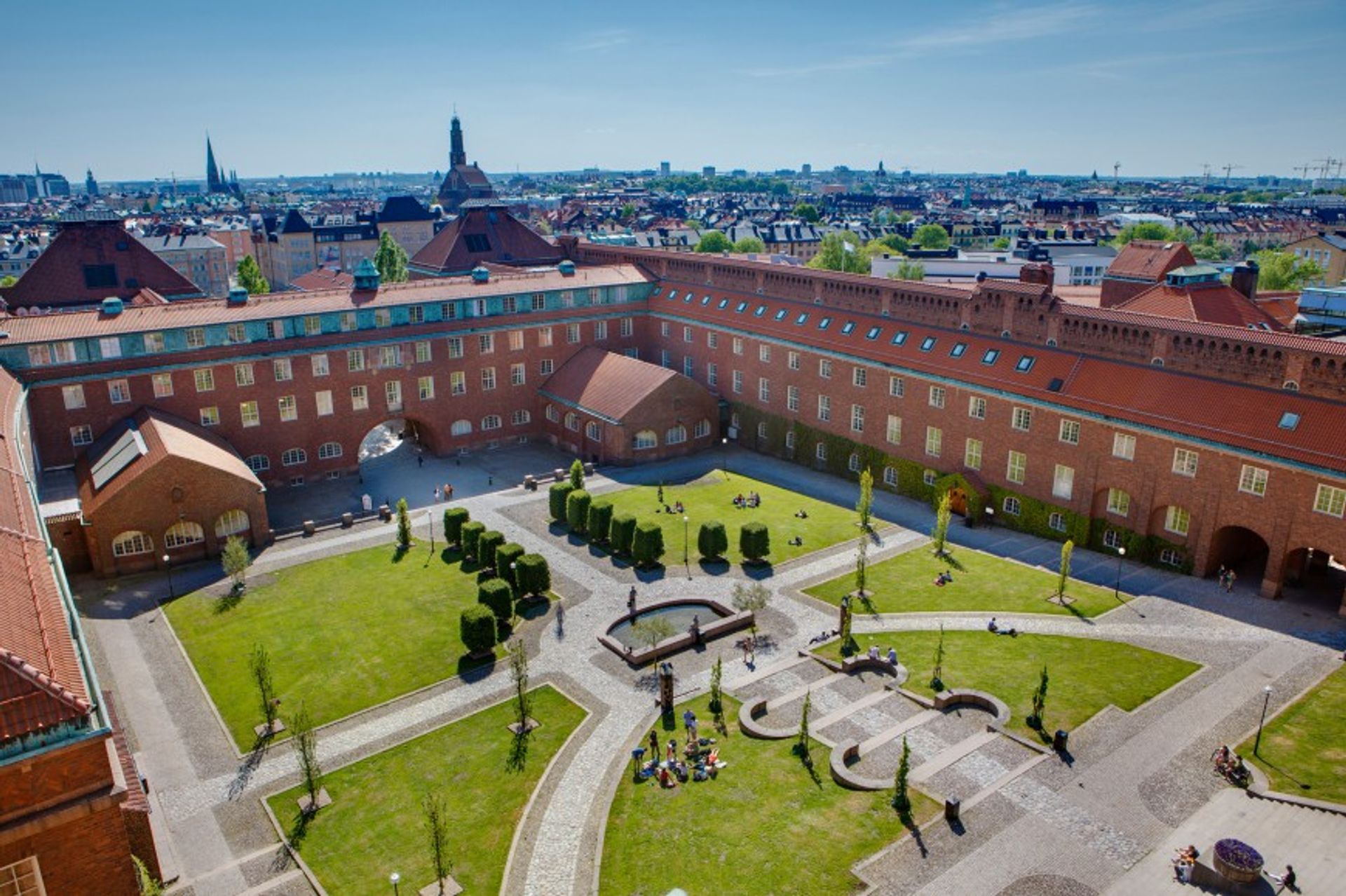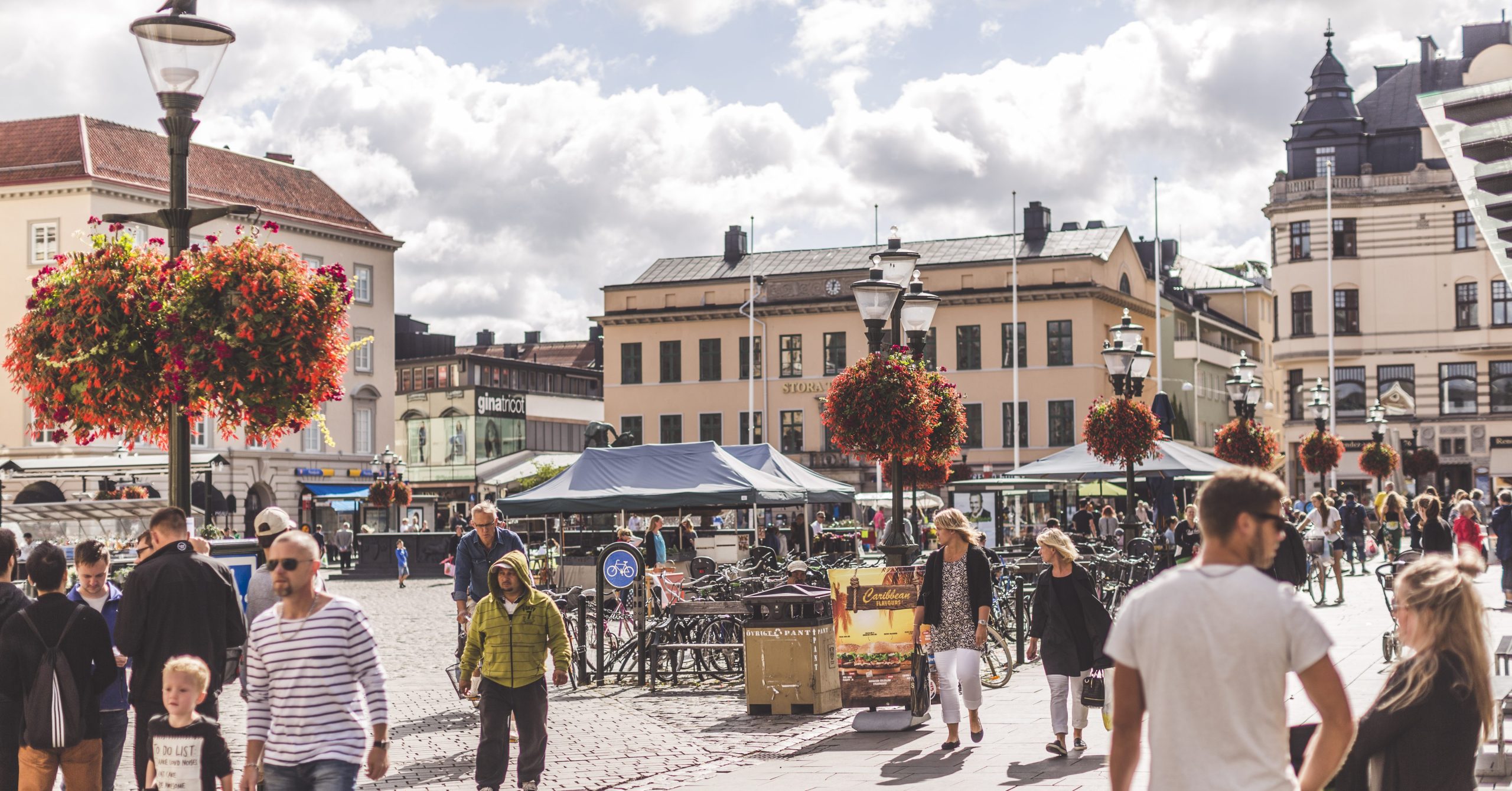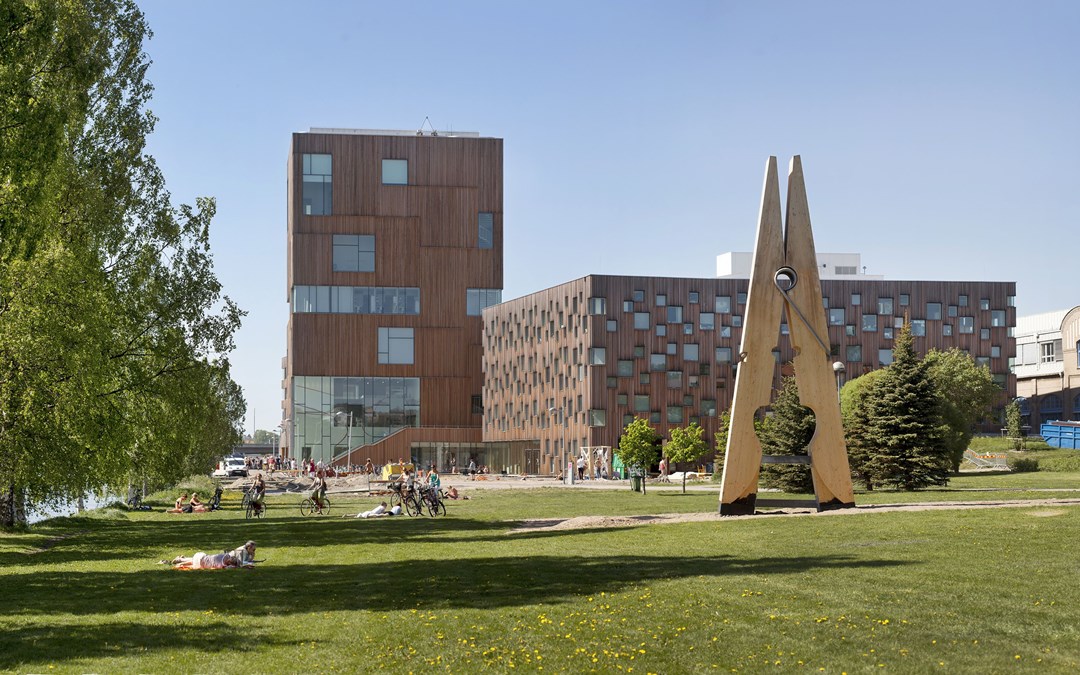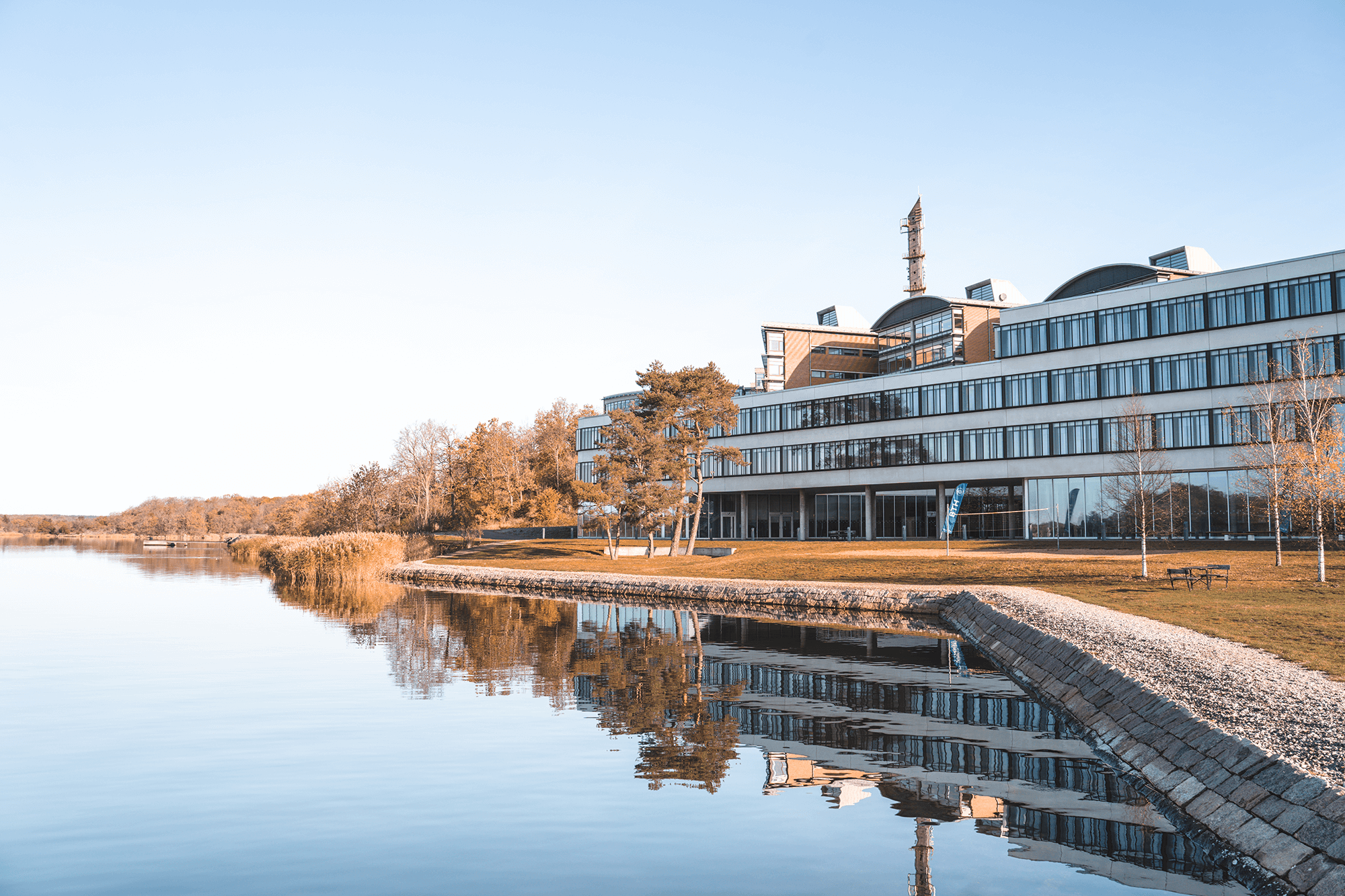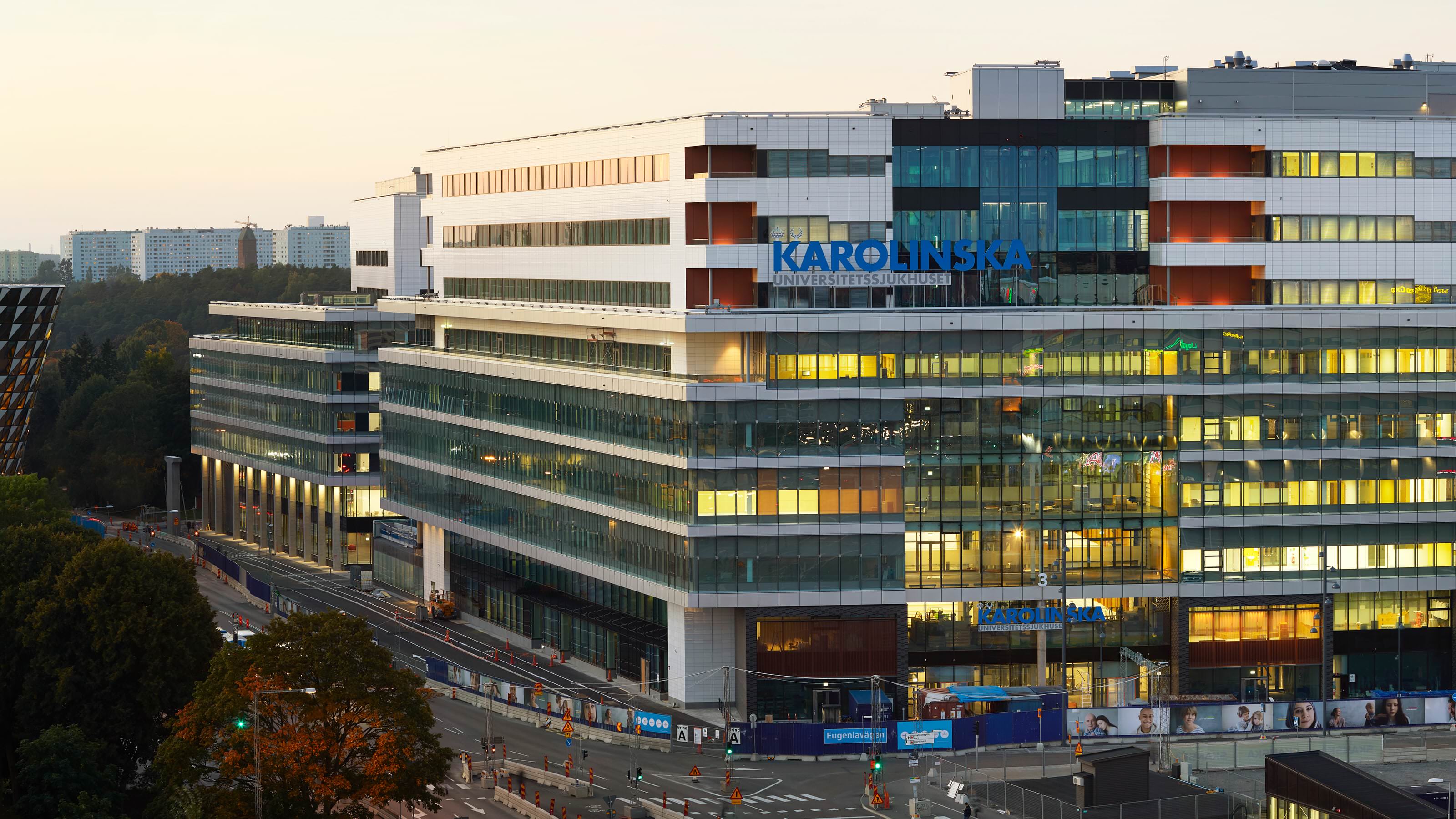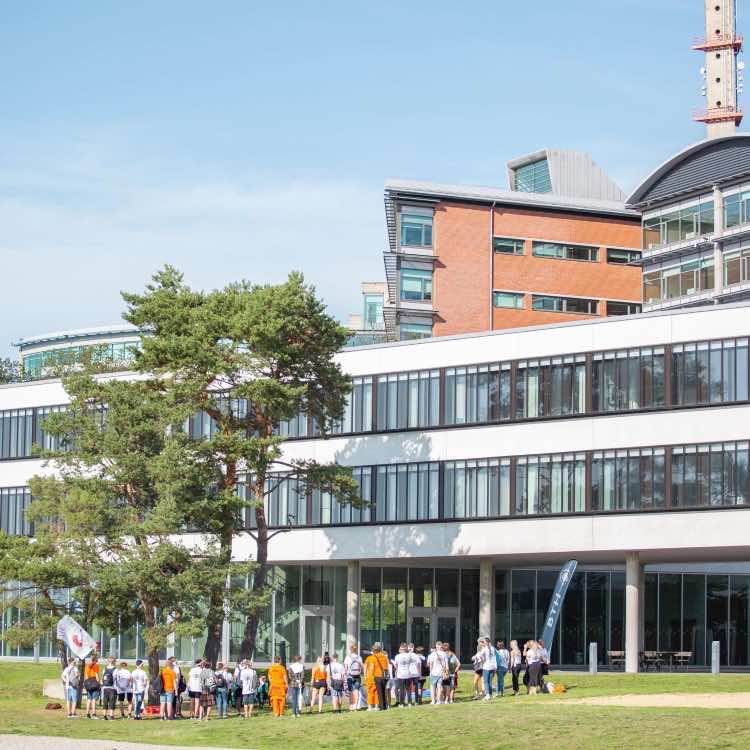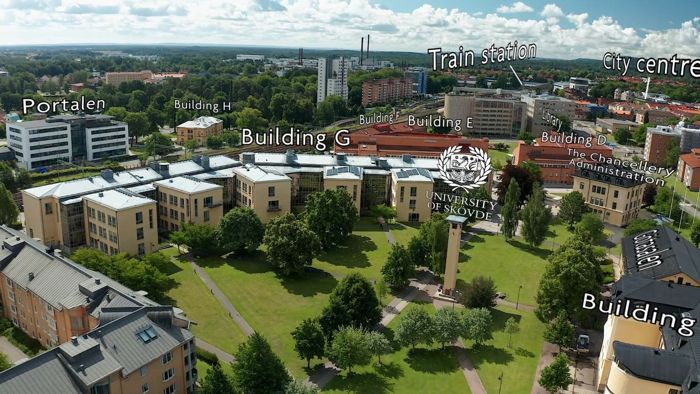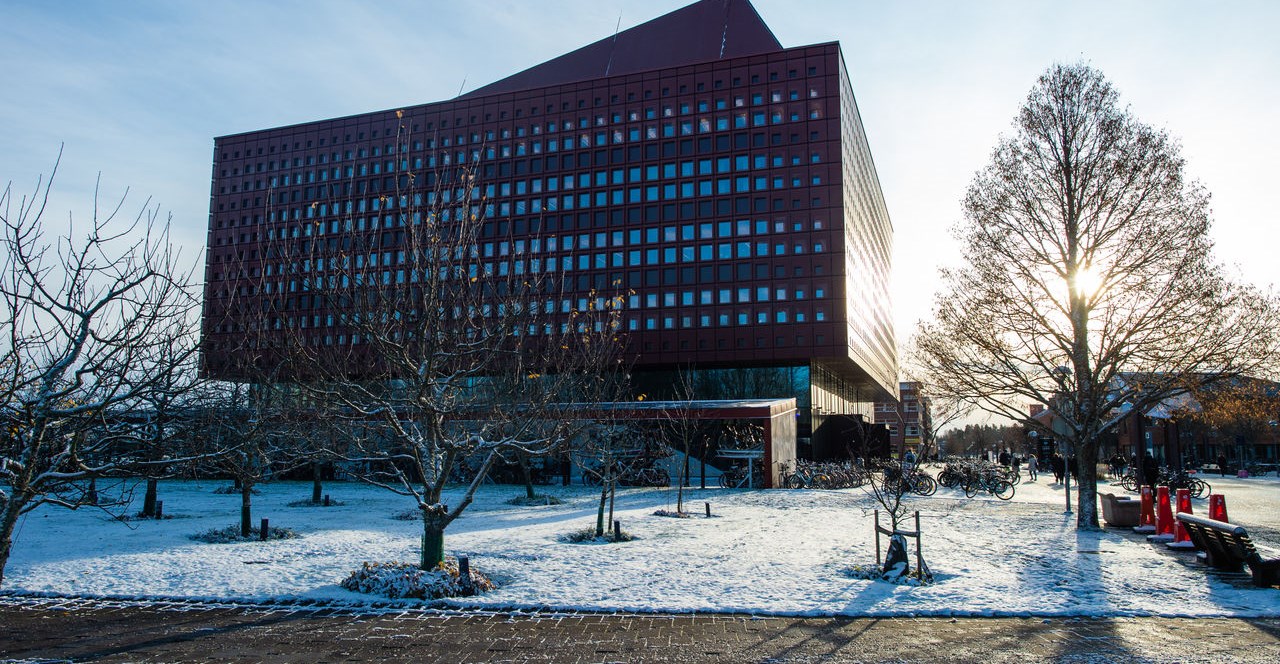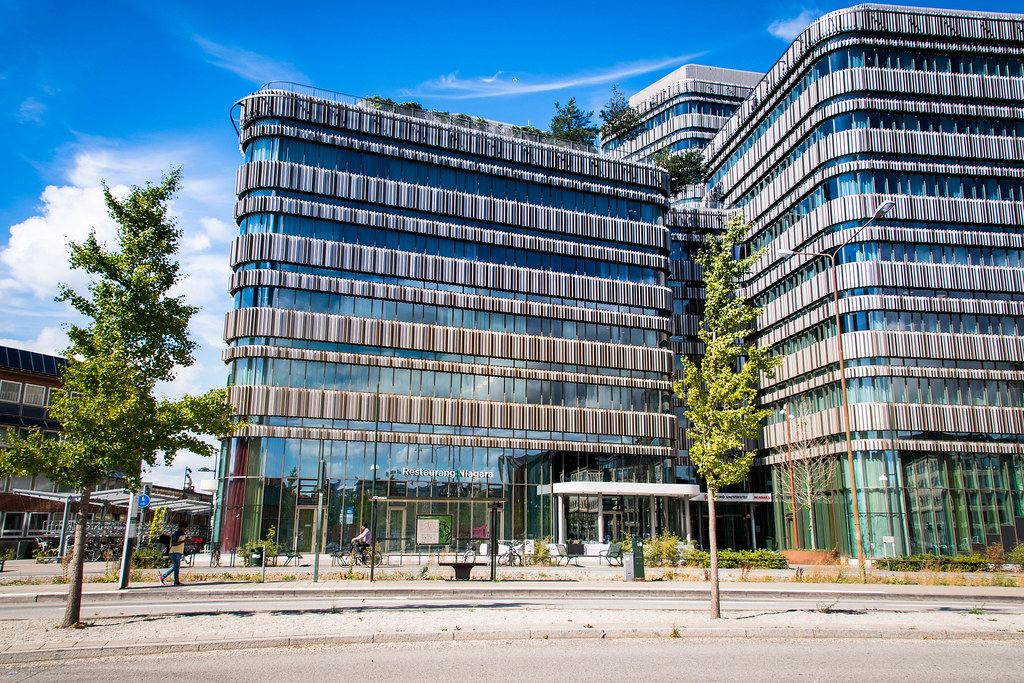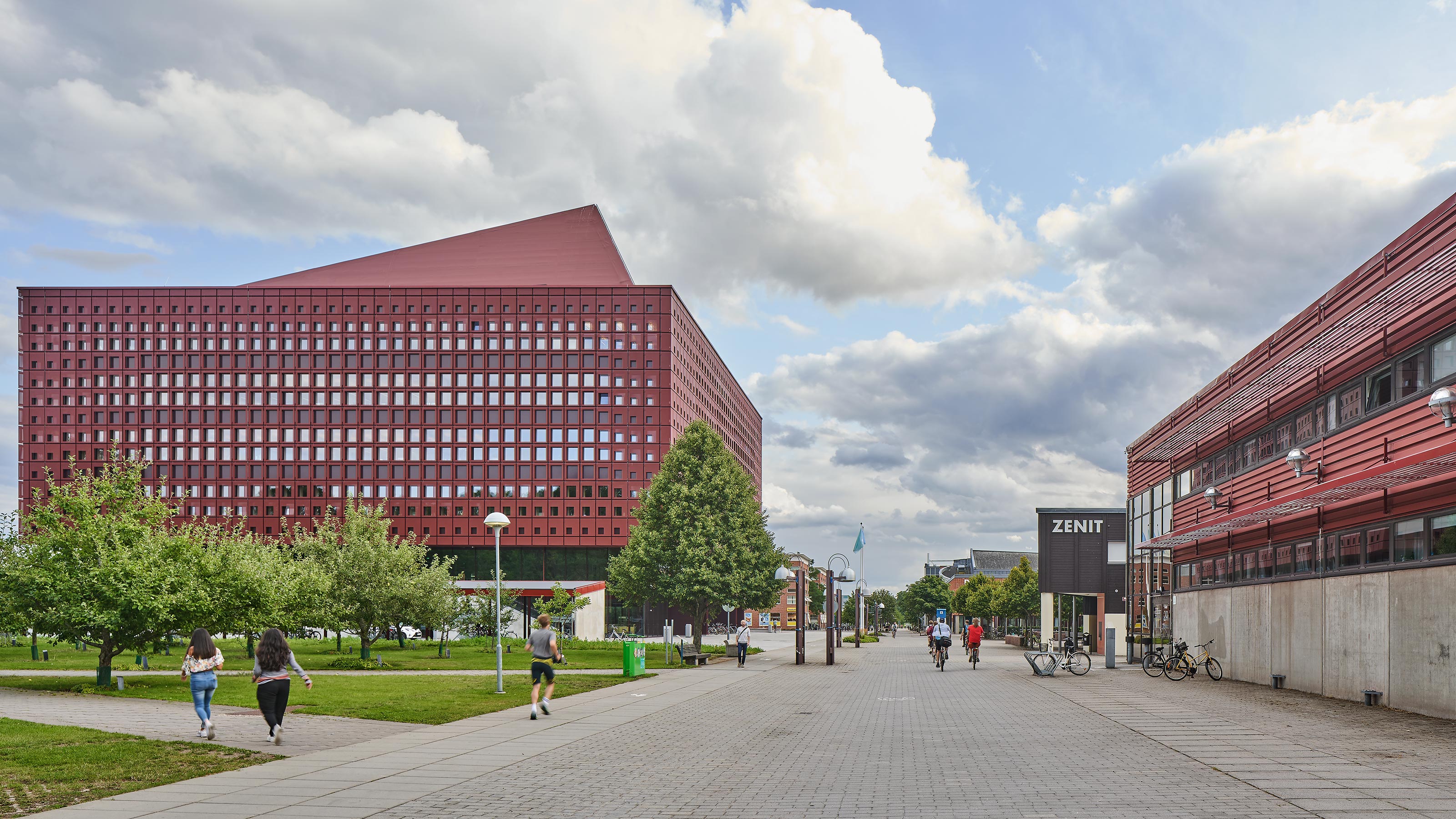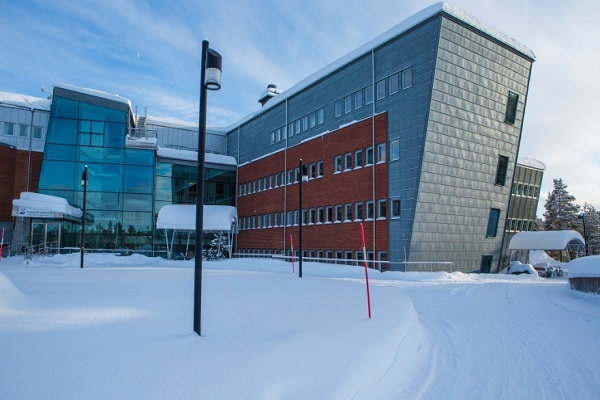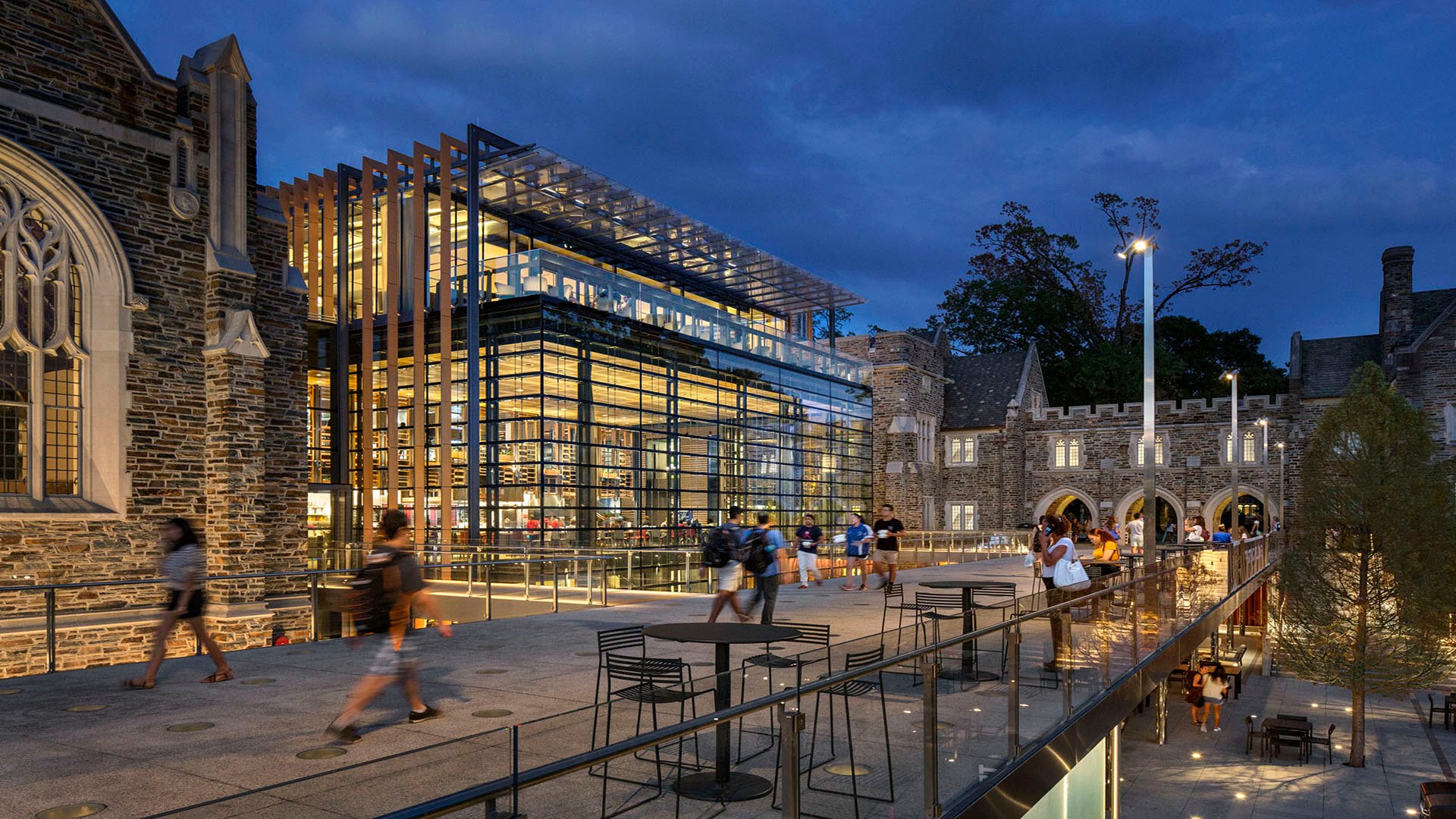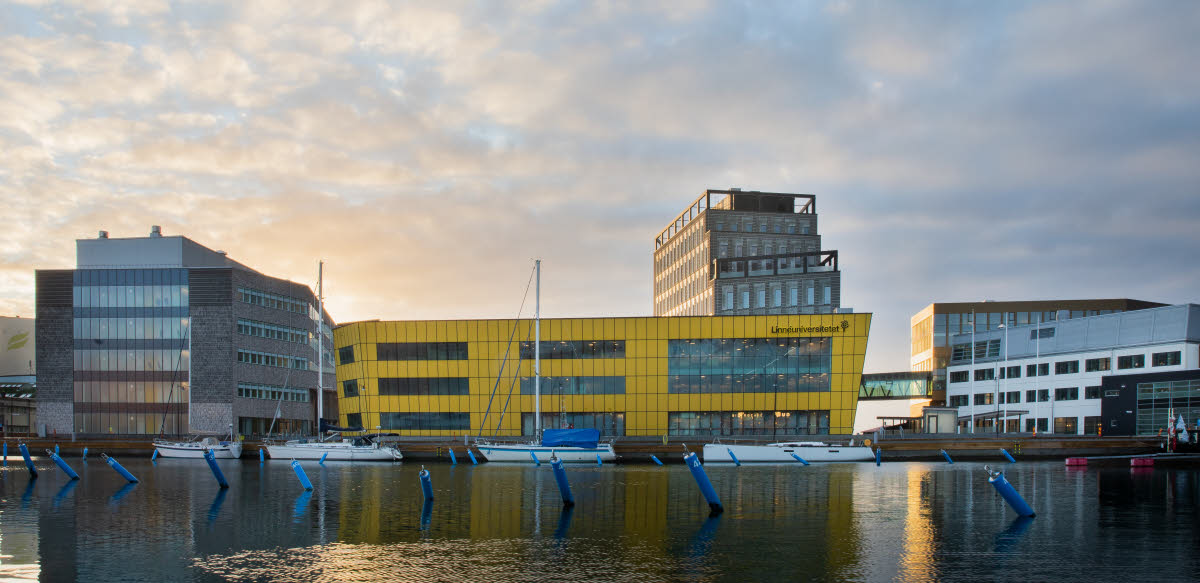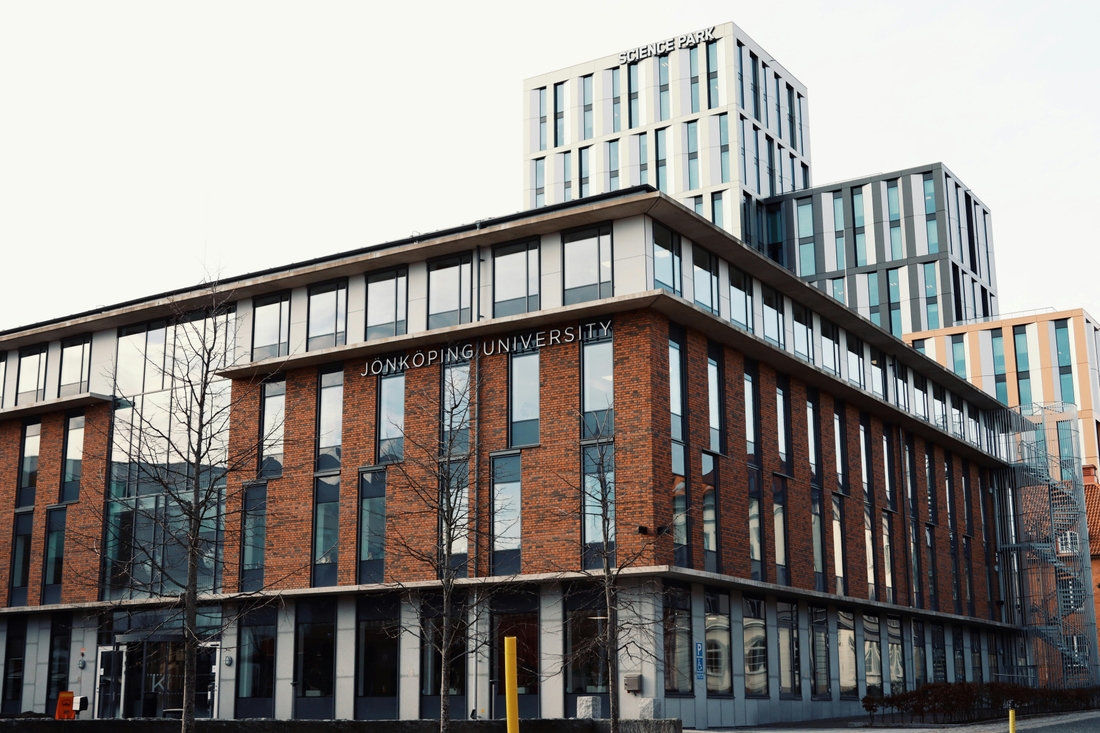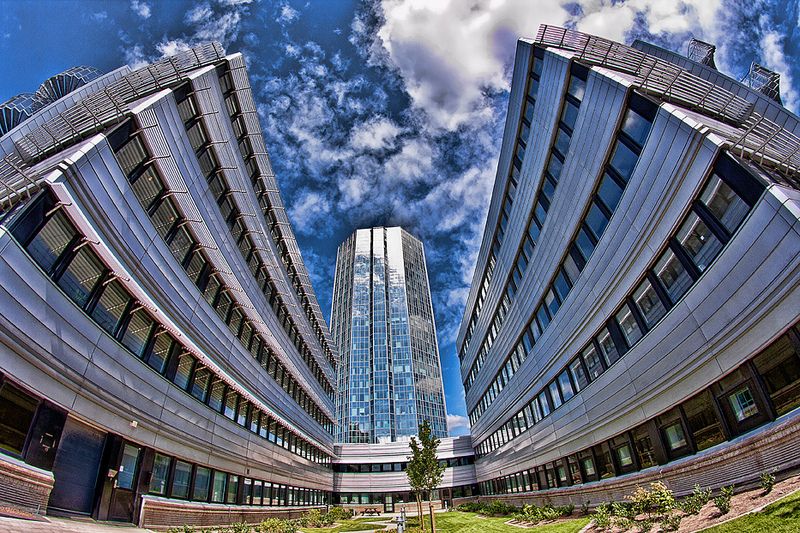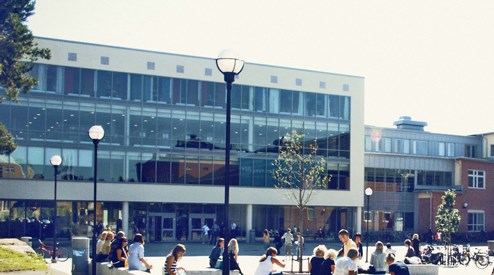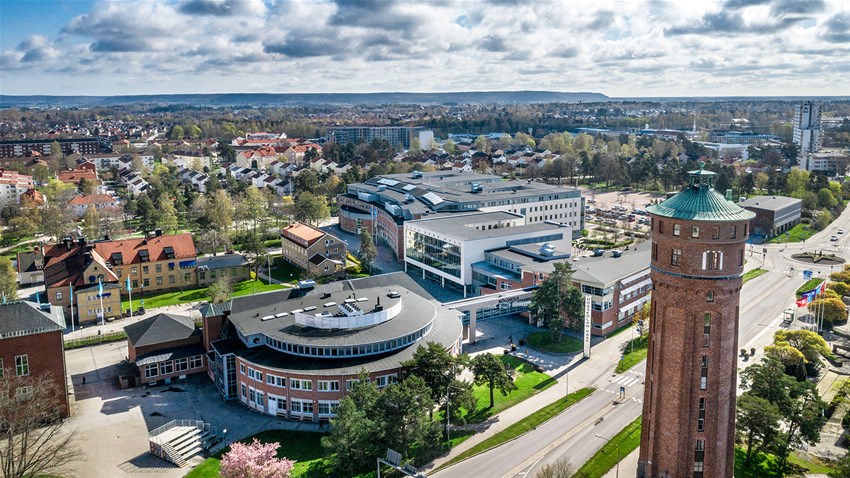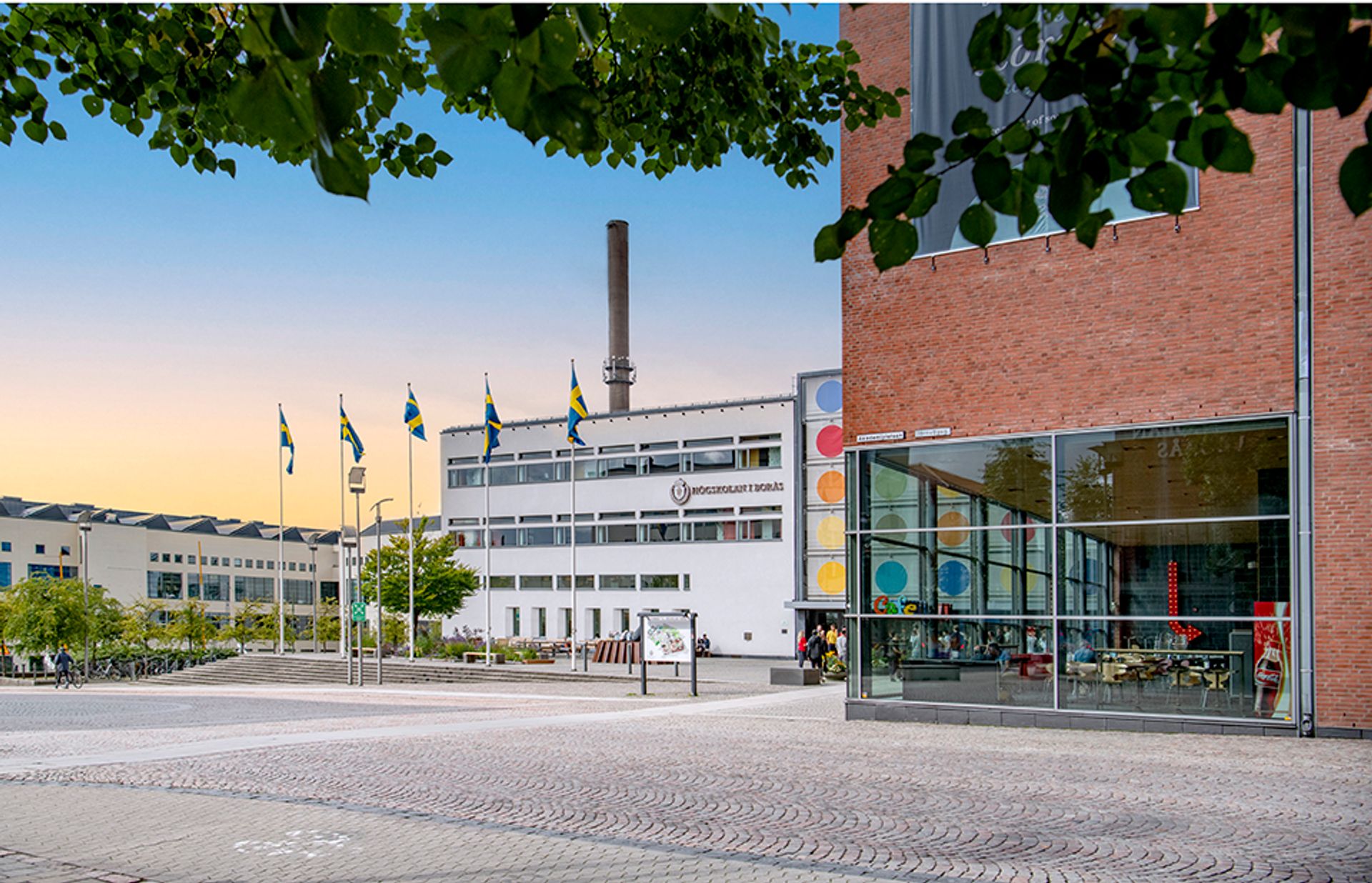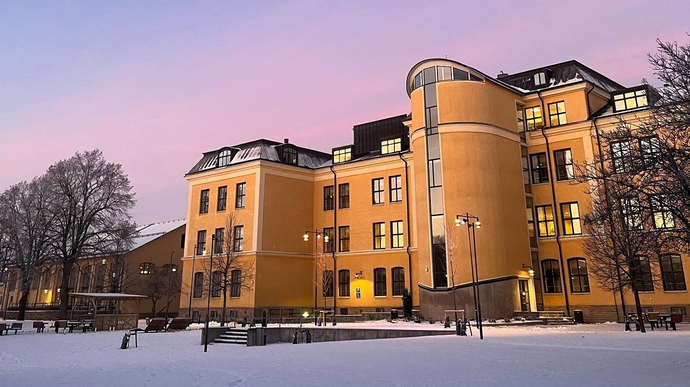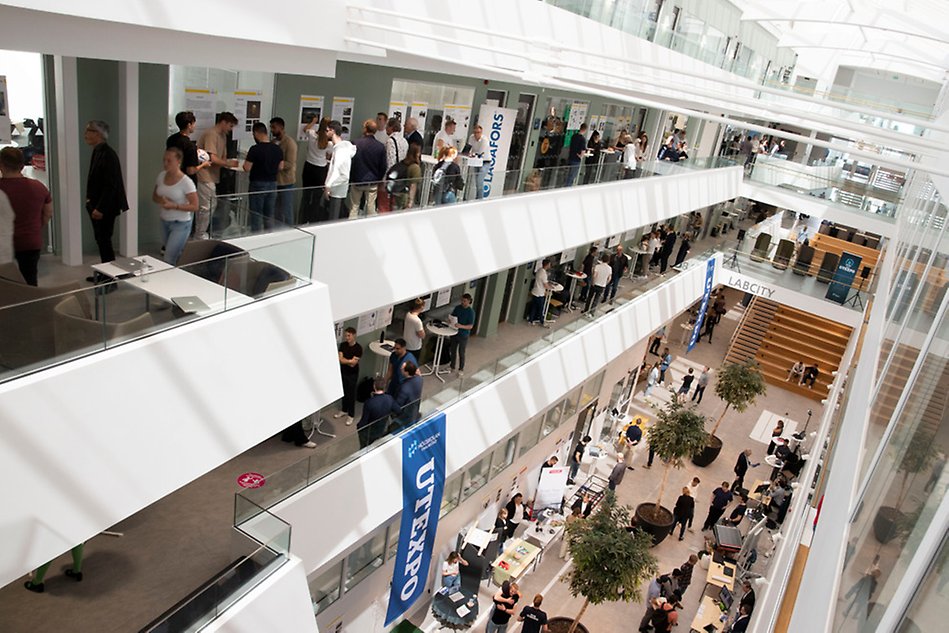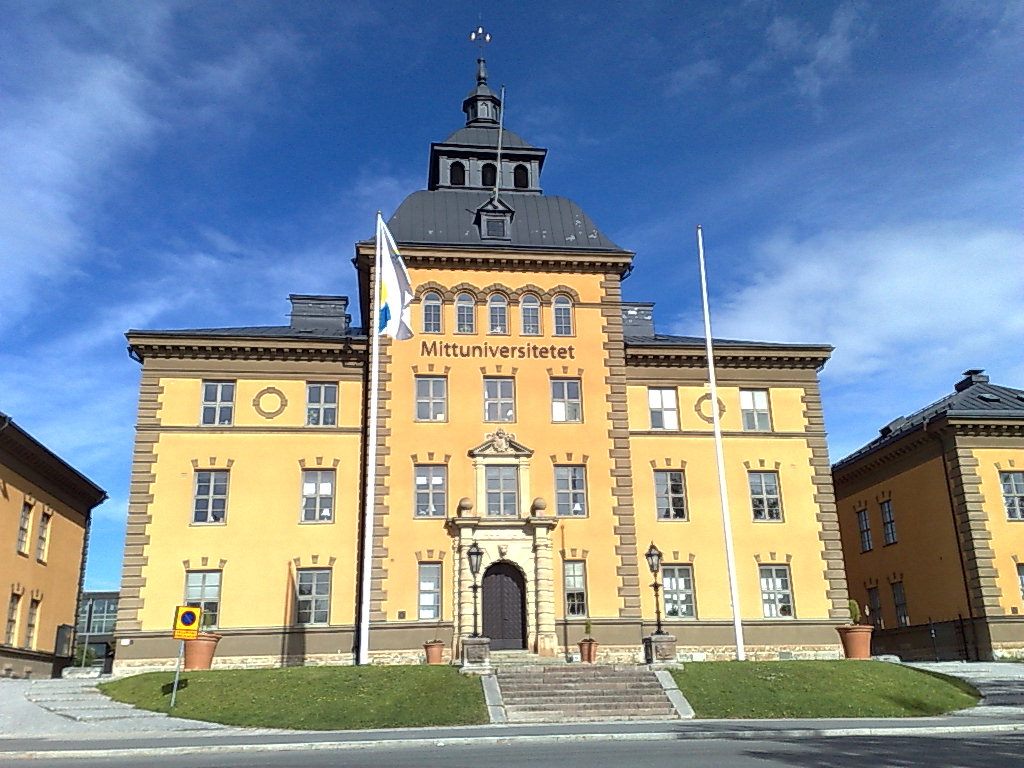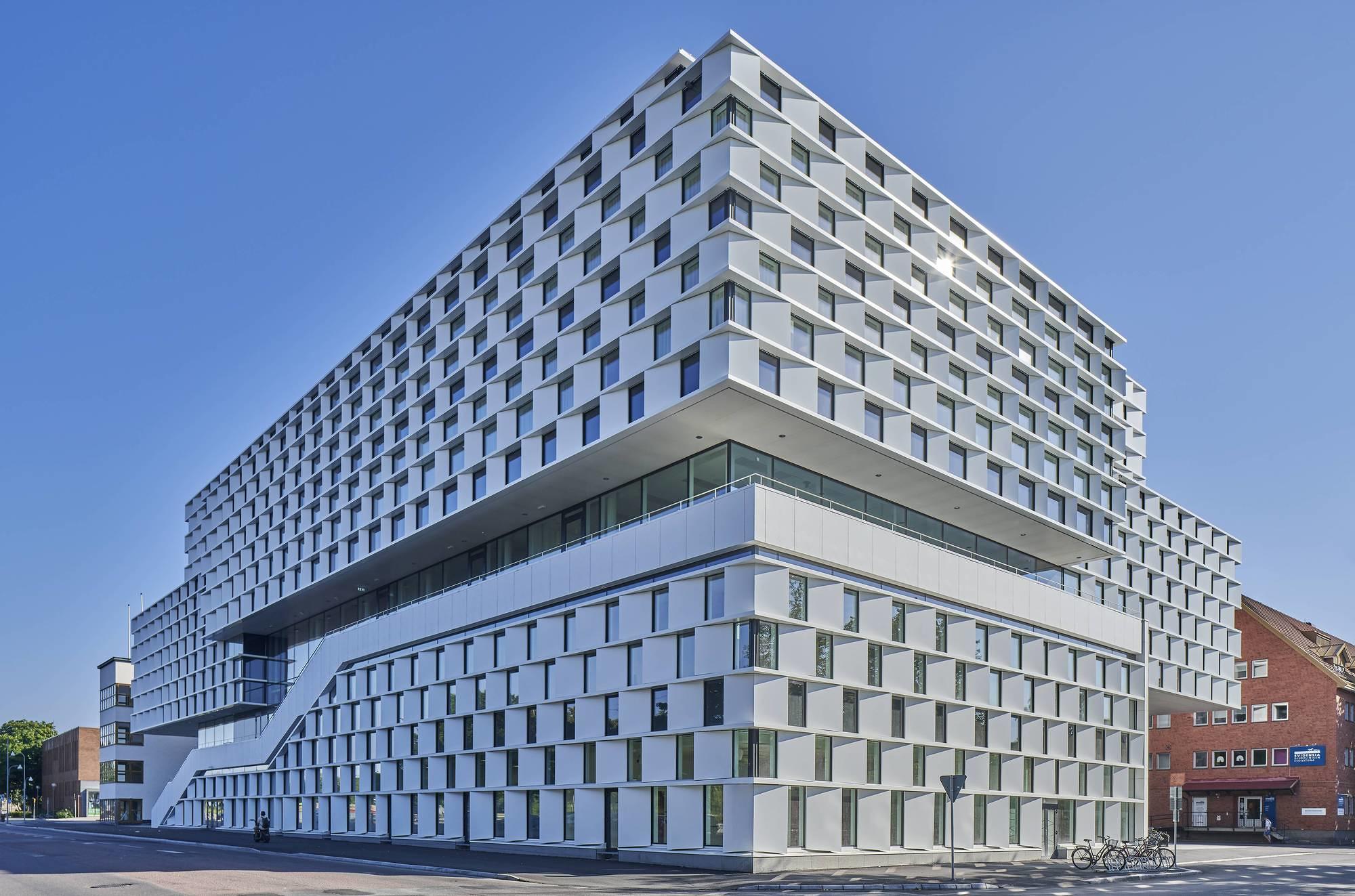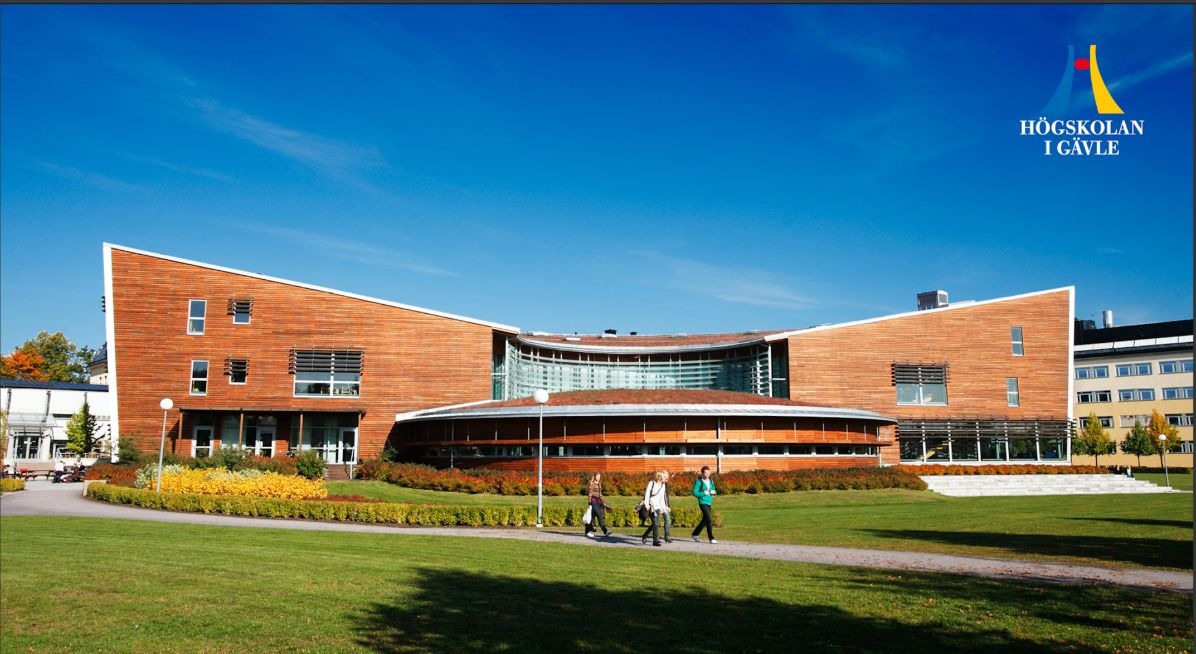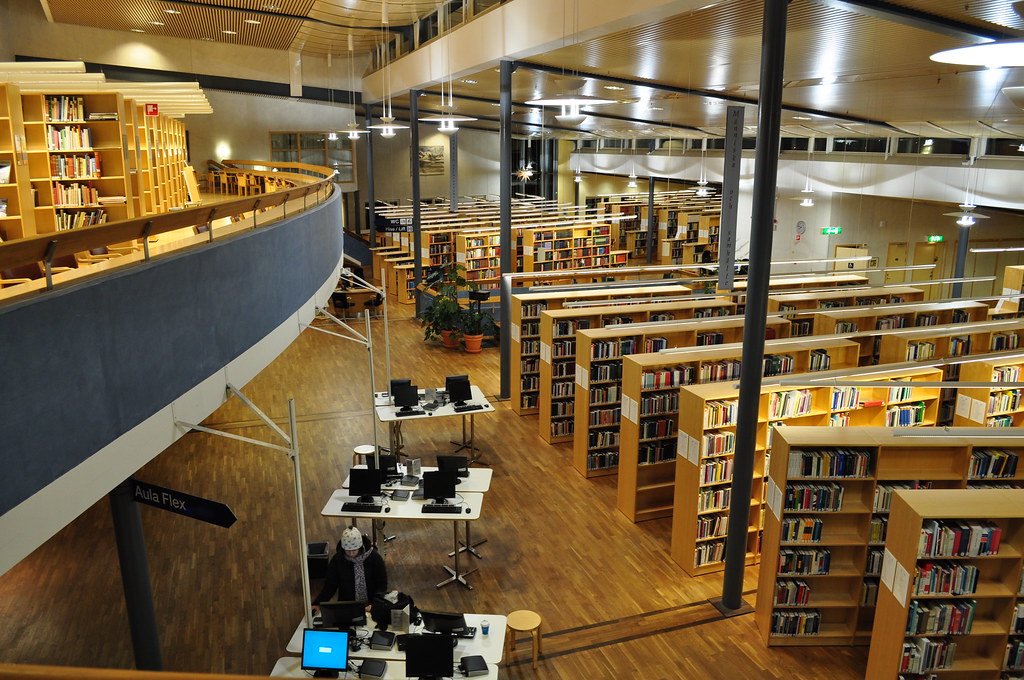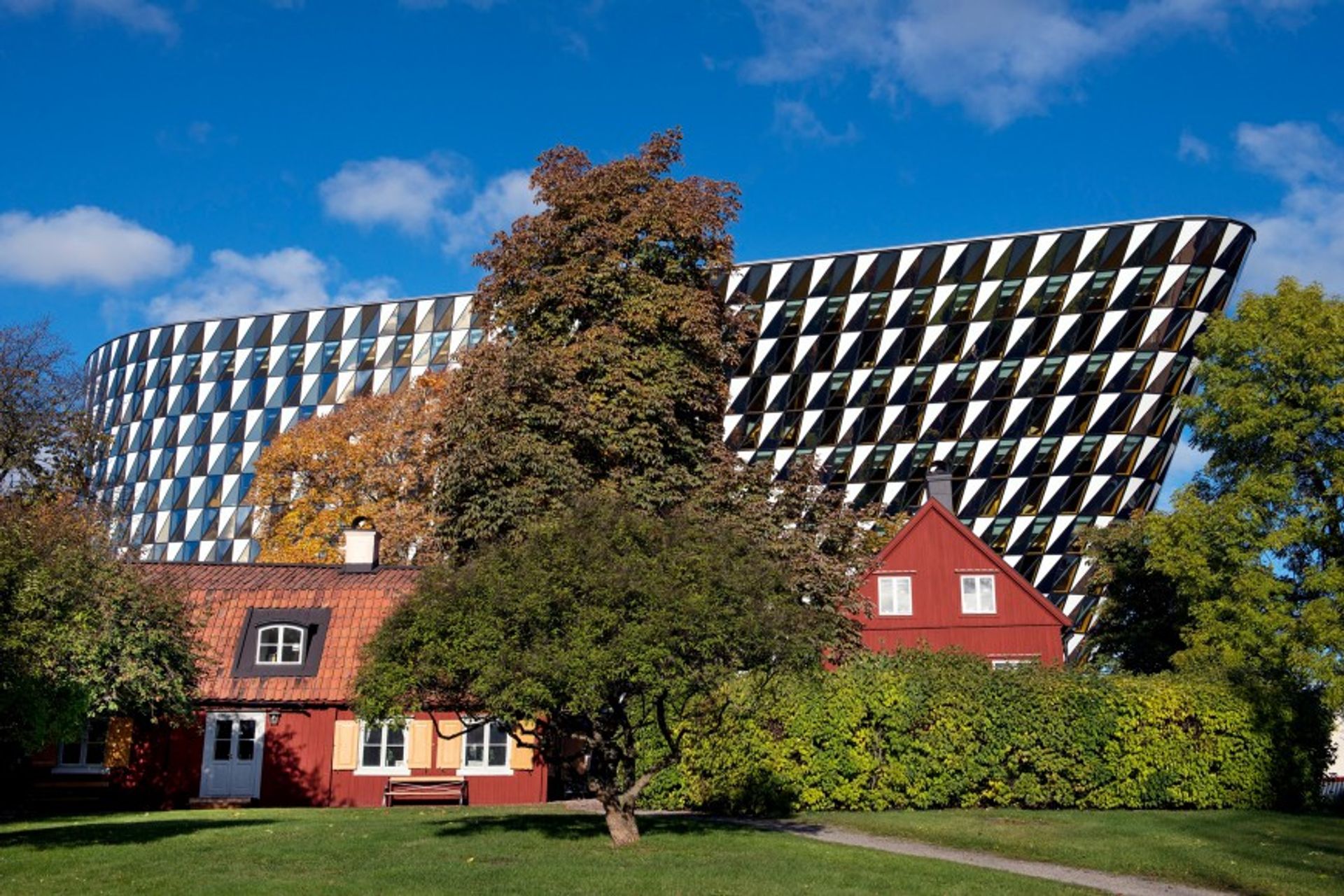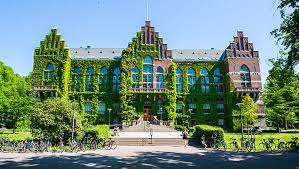
To better serve our students worldwide, NextStep is now Uniplanr — your smarter, smoother, study-abroad companion. Visit us at our new home:

Degree: Master of Science (120 credits) in Conservation Biology

Lund University, founded in 1666, is a top-ranked institution in Sweden known for its dynamic and international environment. With more than 40,000 students, it offers a broad range of programs and courses, attracting students worldwide. Lund University is particularly renowned for its research and teaching excellence in natural sciences, humanities, and social sciences. The campus is located in the picturesque city of Lund, offering a vibrant student life and numerous cultural activities. The university collaborates with over 600 universities worldwide, making it a hub for international academic exchange.
The Biology, Conservation Biology Master Programme at Lund University focuses on equipping students with biological expertise to combat biodiversity loss and preserve ecosystems. Emphasizing both global and regional perspectives, the curriculum integrates theoretical learning with practical field projects, enabling participants to understand conservation challenges. Students will gain skills in population ecology, genetics, and species management while honing their analytical abilities. This programme is aligned with leading research, ensuring an up-to-date educational experience, and includes elective courses to tailor studies towards individual interests.
Graduates can pursue careers in nature conservation within public and private sectors, serving as municipal ecologists, consultants, or in biodiversity policy implementation. Opportunities in silviculture and agriculture are also available, focusing on environmental monitoring and species assessment. For those inclined towards research, the programme offers pathways to further academic studies in conservation biology.
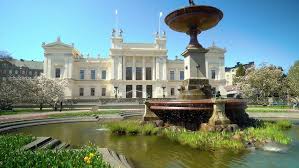
Lund is a vibrant and historic city in Sweden, known for its prestigious university, beautiful architecture, and rich cultural offerings. The city is famous for its medieval buildings, including the Lund Cathedral, and is often referred to as a student-friendly city given its large student population. Fun facts about Lund include its annual Medieval Market and the presence of the large botanical garden, which provides a tranquil setting for students. Lund University itself is integral to the city's identity, contributing to its bustling atmosphere filled with lectures, seminars, and student events.
Living in Lund as a student is a rewarding experience characterized by a lively atmosphere filled with diverse student activities. The cost of living is relatively moderate compared to larger Swedish cities, making it affordable for students. Housing options are plentiful, with student accommodations available both on-campus and in the city center. Lund hosts various student organizations and cultural events that foster a sense of community among students. For those with family members, the city offers family-friendly amenities and a safe environment, although finding suitable housing for larger families can be slightly more challenging.
Lund offers various opportunities in both public and private sectors for conservation biology graduates. Graduates may find employment as municipal ecologists, consultants, or researchers. Potential employers include county councils, environmental consulting firms, NGOs, and governmental organizations focused on biodiversity. Students can also work part-time at local businesses or research projects while studying.


